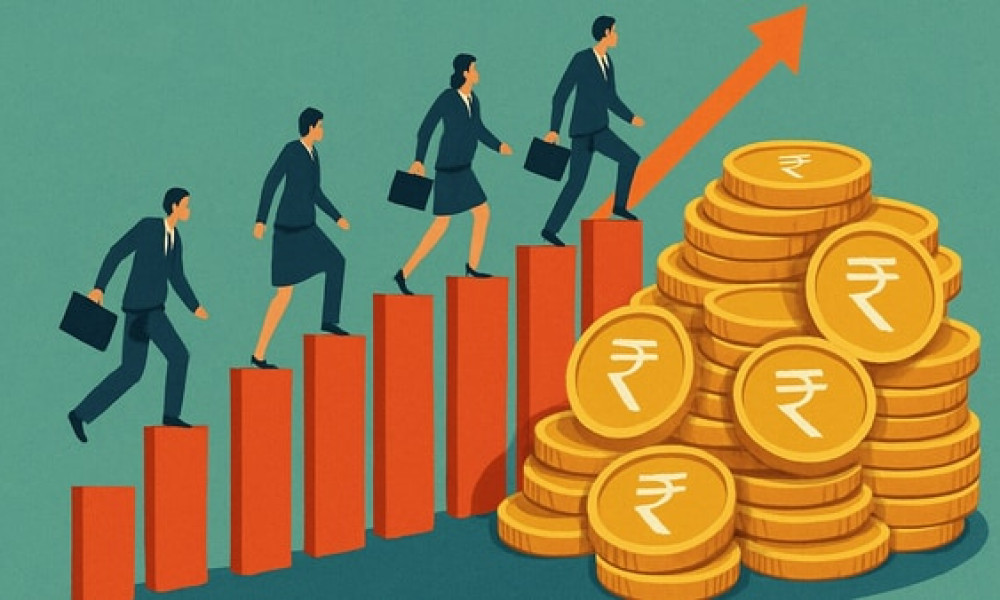India’s corporate landscape reveals a fascinating yet stark divide when it comes to promoter salaries. Some of the country’s biggest business leaders take home eye-watering paychecks, while others officially draw nothing at all. A recent analysis of Nifty 50 companies highlights this growing disparity and the corporate governance questions it raises.
At the top of the pay scale sit automotive giants like Pawan Munjal of Hero MotoCorp, Rajiv Bajaj of Bajaj Auto, and Sidhartha Lal of Eicher Motors. They’re joined by media mogul Kalanithi Maran of Sun TV and KM Mammen of MRF Ltd, all ranking among India’s highest-paid promoters. These executives command compensation packages that dwarf those of their professional counterparts.
On the flip side, some of India’s most prominent business figures have chosen to forego salaries entirely. Mukesh Ambani of Reliance Industries, Nandan Nilekani of Infosys, Deepinder Goyal of Zomato, Rahul Bhatia of IndiGo, and Mohit Burman of Dabur all report zero salary income. TVS Motor’s Venu Srinivasan takes a symbolic ₹1 crore pay package.
The salary story, however, is just part of the picture. Dividends often form the bulk of promoter earnings regardless of their official pay status. Reliance’s Ambani pocketed ₹3,655 crore in dividends last fiscal year while Nilekani took home ₹429 crore from Infosys. Only Zomato’s Goyal stands as the exception, with his company yet to declare dividends.
Corporate governance experts raise eyebrows at some of these compensation structures. Shriram Subramanian of InGovern points out that in traditional companies, some promoter salaries sit ‘disproportionately high’ compared to industry peers. He suggests promoters should ideally align their pay with their company’s highest-paid executives, letting dividends constitute most of their income.
The rules around promoter pay provide some checks. The Companies Act and SEBI regulations require shareholder approval for remuneration exceeding ₹5 crore or 2.5% of net profits. Yet promoter CEOs still outearn professional managers by significant margins, with Deloitte data showing median pay of ₹11.9 crore versus ₹8.9 crore respectively.
Occasionally, shareholders push back. Godfrey Phillips and Raymond faced institutional investor resistance over ‘excessive’ promoter compensation packages. Eicher Motors saw its initial proposal for Sidhartha Lal’s pay hike rejected before settling on a reduced package. These cases highlight growing scrutiny around pay fairness and corporate governance.
The gaps can be jaw-dropping. Hero MotoCorp’s second-highest paid executive earns ₹14.1 crore against promoter Munjal’s ₹109.4 crore. At Sun TV, the compensation ratio stands at ₹1.8 crore versus Maran’s undisclosed package. Similar disparities appear at Bajaj Auto, MRF and Eicher Motors.
Independent expert Sharmila Gopinath frames the issue as one of scale rather than principle. Promoter salaries become problematic when they tower over sector benchmarks and employee earnings, creating perceptions of inequity. The challenge lies in balancing fair compensation with responsible governance.
Some companies demonstrate more balanced approaches. Wipro’s Rishad Premji and Lodha’s Abhishek Lodha maintain pay packages in line with their top professional executives, showing that alignment is possible in India’s corporate leadership landscape.

